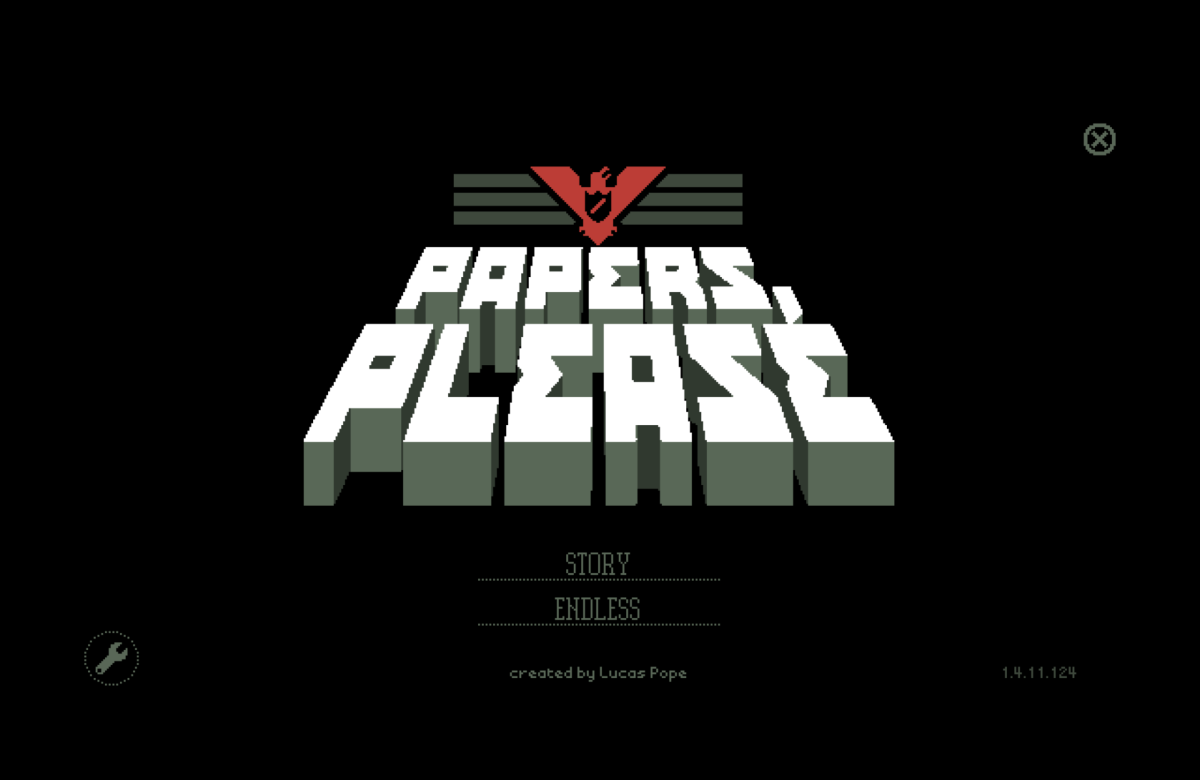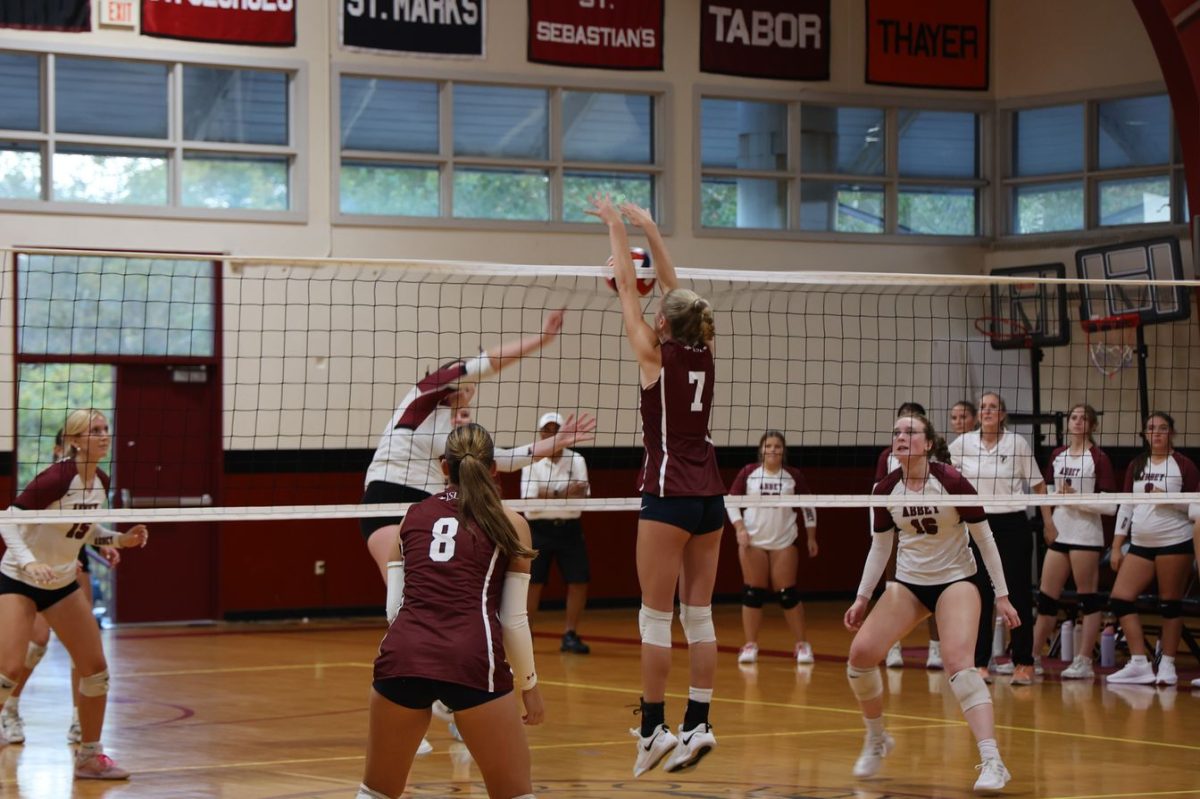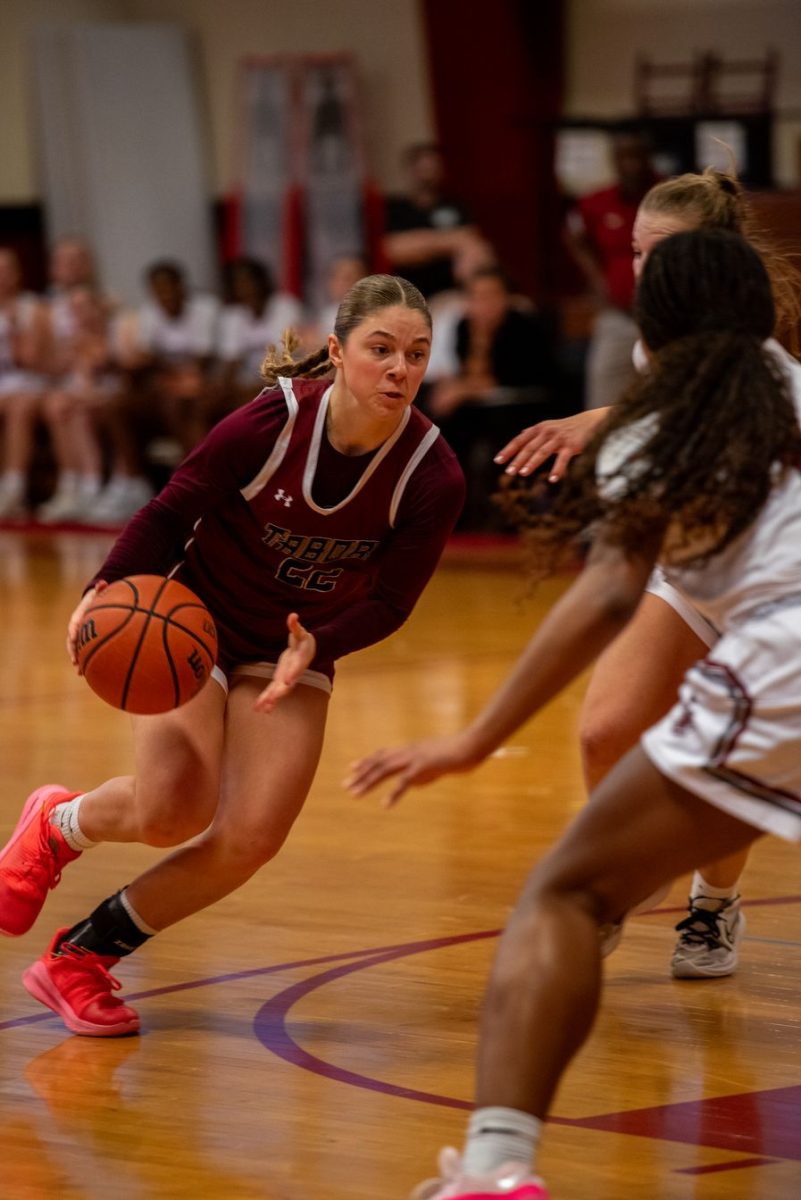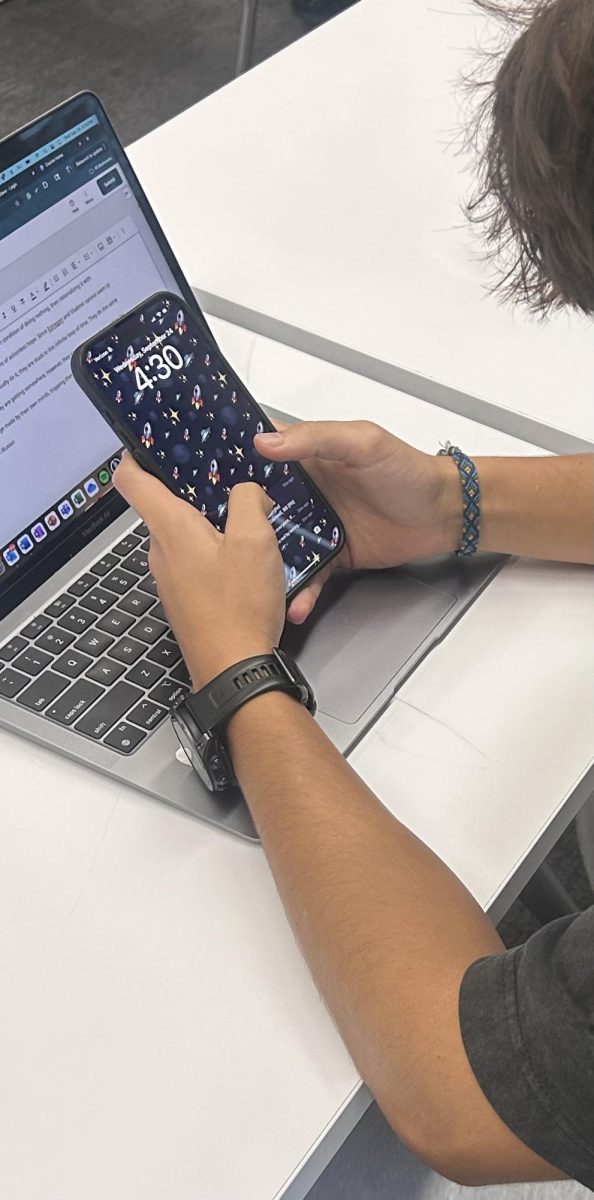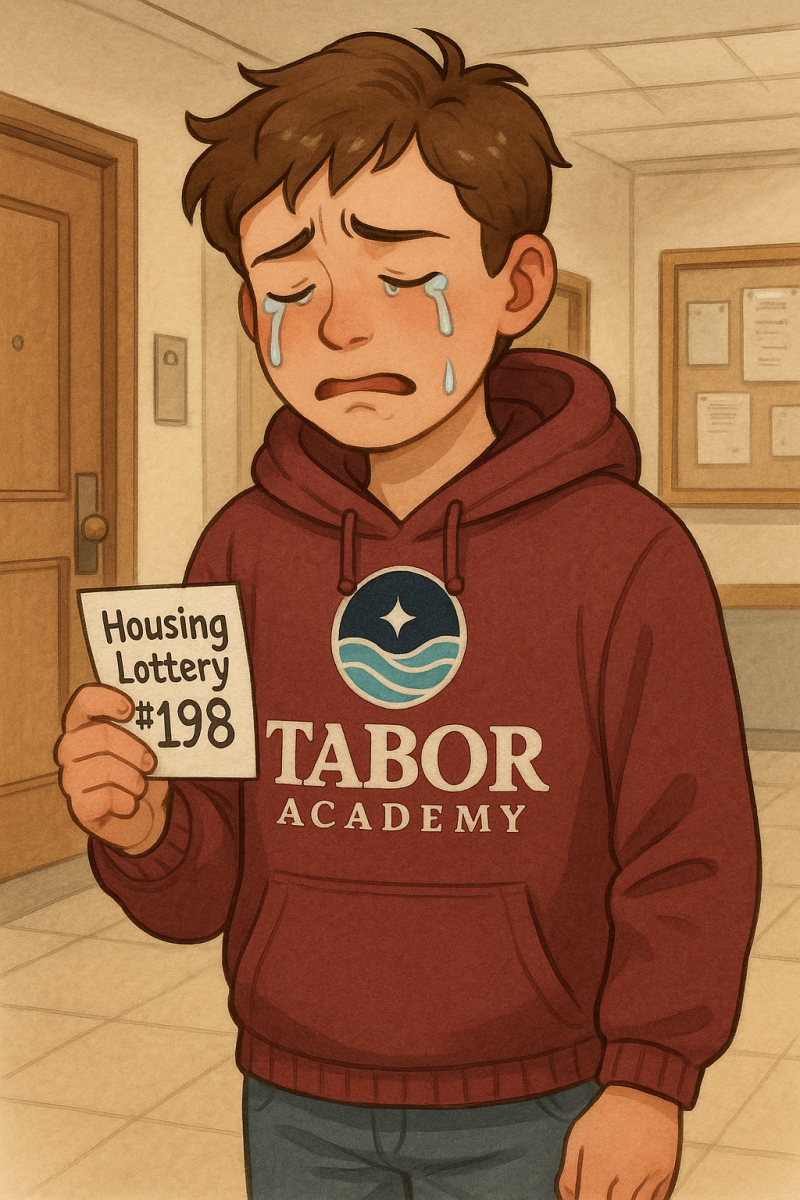Each spring, Tabor Academy’s boarders open an email that feels like a golden ticket — or a roll of the dice. The housing survey asks every boarder to rank three preferred dorms, specify single versus double preferences, and name a potential roommate. This kicks off a three‑week process that will determine where more than 300 students sleep, study, and socialize next year. For many, it is the most suspenseful moment between spring trimester assessments and graduation rehearsals.
“It’s stressful for students,” said Mr. Ryan Farrington, a dorm parent in Lillard Northeast. “But you do see the tension ease as the class years go up.” His point hits a simple truth: even students who’ve been through the lottery before get nervous when the numbers are called.
How the Two‑Stage Lottery Works
After the preference survey closes, boarders are randomly assigned a single lottery number. That number matters twice. First comes the “stay” lottery: students who want to remain in their current dorm meet with dorm parents to decide, in number order, which rooms they want to pick. Because the draw takes place inside each dorm, the pool is small, and odds often feel favorable. Still, a low number can dash hopes of a coveted waterfront view room.
Phase two is the “go” lottery: a few days after the stay lottery, everyone seeking a new dorm gathers in the gym.
“The system is as fair as it possibly could be,” noted Mr. Farrington. “However, drawbacks appear because not everybody can get what they want.”
The tension is most palpable among rising juniors and sophomores who get less priority than the seniors.
The Human Factor
What stands out in conversation with dorm faculty is not the mechanics but the response strategy. “We start by acknowledging a student’s disappointment,” said Mr. Farrington. “Then, we remind them that people often end up loving their new dorm.”
Tweaks Worth Exploring
To improve the process, here are some suggestions that could be considered:
- Transparent room counts: Publishing exactly how many singles and doubles remain ahead of the “go” lottery could help students recalibrate expectations in real time.
- Post‑lottery swap window: Extending the current 24‑hour trade period to a full week might allow schedules, sports, and friendship groups to align more organically without adding administrative burden.
A Process Still Worth Trusting
Tabor’s housing lottery isn’t perfect, but it tries to balance what each student wants with what the whole dorm community needs. That mix can still feel tough for a sophomore holding ticket a #30 as their dream dorm fills up. Even so, the clear rules and steady support from dorm faculty make the process feel trustworthy.
As Mr. Farrington says, “You can’t make everyone happy, but you can make sure everyone knows how the choices are made.”
In the end, the lottery is more of a learning experience than a test of fairness. It teaches students to handle disappointment, speak up for themselves, and adjust quickly—skills that stick with them long after the room‑assignment emails are gone.


